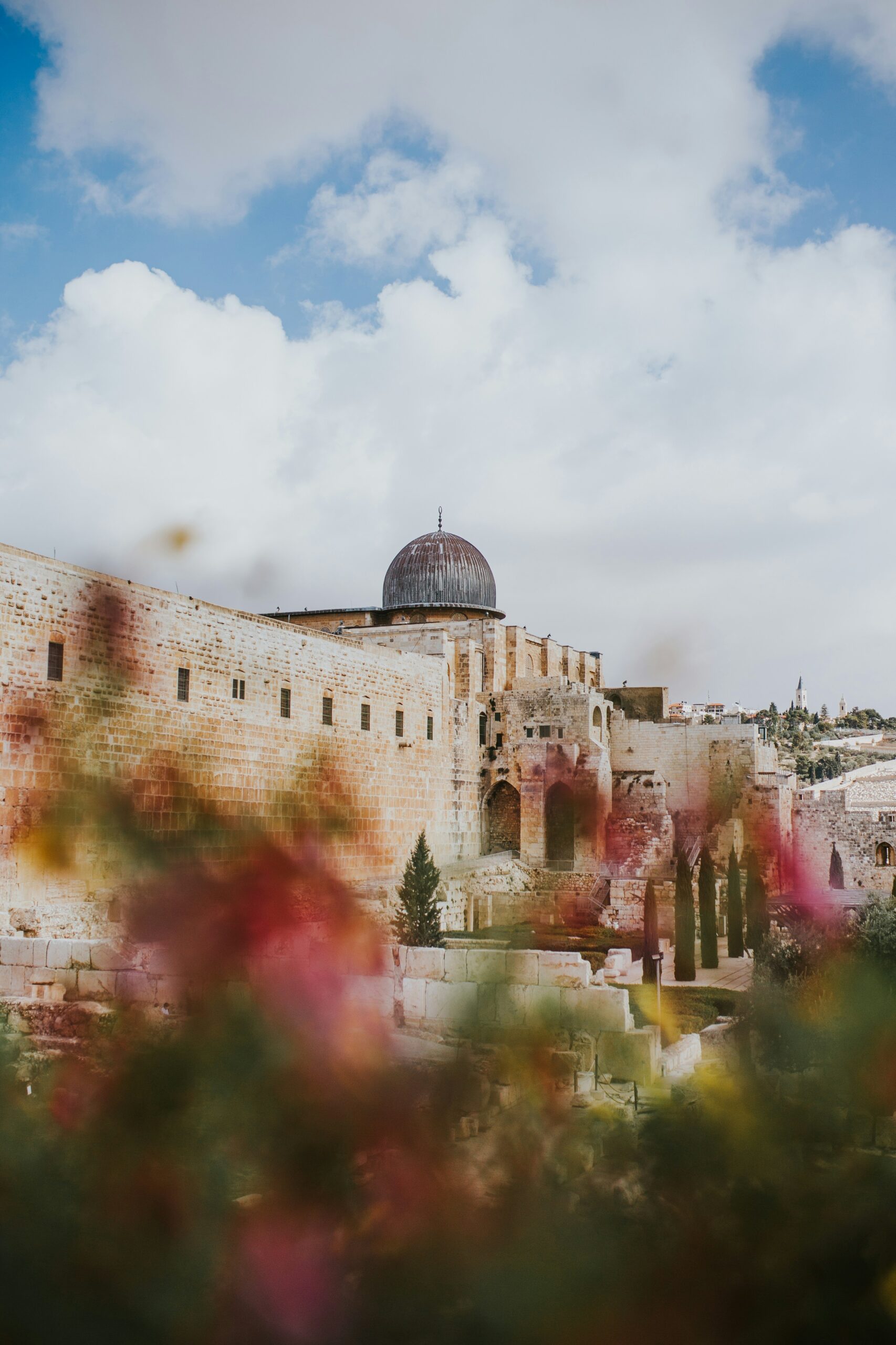
On university campuses across the globe, student organizations play a pivotal role in shaping political discourse and advocacy related to international issues. One of the most notable areas of student activism revolves around the support for Israel. This movement encompasses various groups and initiatives to promote understanding and support for Israel’s culture, politics, and right to security. Through education, advocacy, and cultural exchange, these student groups contribute to a broader, often heated dialogue on Middle Eastern politics within the academic environment.
Objectives and Activities
The primary goal of student groups supporting Israel is to foster a deeper understanding of the nation, countering misinformation and bias while promoting a narrative that highlights Israel’s complexities and achievements.
Activities organized by these groups include:
Educational Seminars and Panels
These events often feature scholars, diplomats, or activists who discuss various aspects of Israeli life and politics, including its history, technological advancements, and the Israeli-Palestinian conflict.
Cultural Events
Israeli cultural festivals, film screenings, and food fairs are popular on campuses and are designed to showcase Israel’s diverse culture and society. These events serve not only as educational tools but also as bridges for cultural exchange and understanding.
Advocacy and Campaigning
Many student groups advocate for influencing campus policy and public opinion. This might involve campaigning against movements they view as unfairly biased against Israel, such as Boycott, Divestment, and Sanctions (BDS) campaigns.
Dialogue and Debate
Recognizing the varied opinions among students on Middle Eastern politics, some groups focus on creating spaces for dialogue and debate, aiming to foster a respectful exchange of views.
Challenges Encountered
Student supporters of Israel often find themselves at the center of controversy due to the polarizing nature of Middle Eastern politics. Challenges include:
Campus Divisions
Activities supporting Israel can sometimes lead to divisions within the student body, with protests and counter-protests not uncommon. Navigating these social and political divides can be challenging for student leaders and university administrations.
Accusations of Bias
Groups are occasionally accused of overlooking Palestinian perspectives and rights. Balancing advocacy for Israel with a nuanced understanding of the broader Israeli-Palestinian conflict is a complex task that requires careful consideration and sensitivity.
Political Pressure
External political groups and international movements sometimes pressure student organizations to sway them towards specific stances or criticize their activities. This can complicate the group’s operations and impact their reception on campus.
Impact on Campus and Beyond
The presence of pro-Israel student groups has a significant impact both on campuses and in the wider community. They serve as a vital part of the academic community’s discourse on international affairs, offering educational and cultural perspectives that might otherwise be overlooked. Furthermore, these groups provide students with leadership and advocacy experience and invaluable skills for their future careers and civic life.
Future Directions
As the geopolitical landscape evolves, so does the context in which student groups operate. Increasingly, there is a movement towards more inclusive approaches that acknowledge and engage with Palestinian perspectives. And rights, aiming for a balanced discourse on Israeli-Palestinian issues. The rise of digital media has also transformed advocacy, allowing student groups to reach wider audiences and engage in global discussions.
Future initiatives may focus on collaborative events with diverse viewpoints and foster dialogue between different campus groups. There is also a growing emphasis on using digital platforms for virtual exchanges. And webinars with international speakers, broadening the educational opportunities available to students.
Student support for Israel is a dynamic component of campus life, reflecting the broader complexities of Middle Eastern politics. Through educational programs, cultural events, and advocacy, these groups contribute to a more informed student body and stimulate important conversations about international relations and human rights. As they move forward, embracing inclusivity and leveraging new technologies will be crucial for these groups to continue their advocacy effectively and respectfully. Ensuring that all voices are heard in the ongoing debate about Israel and its place in the world.